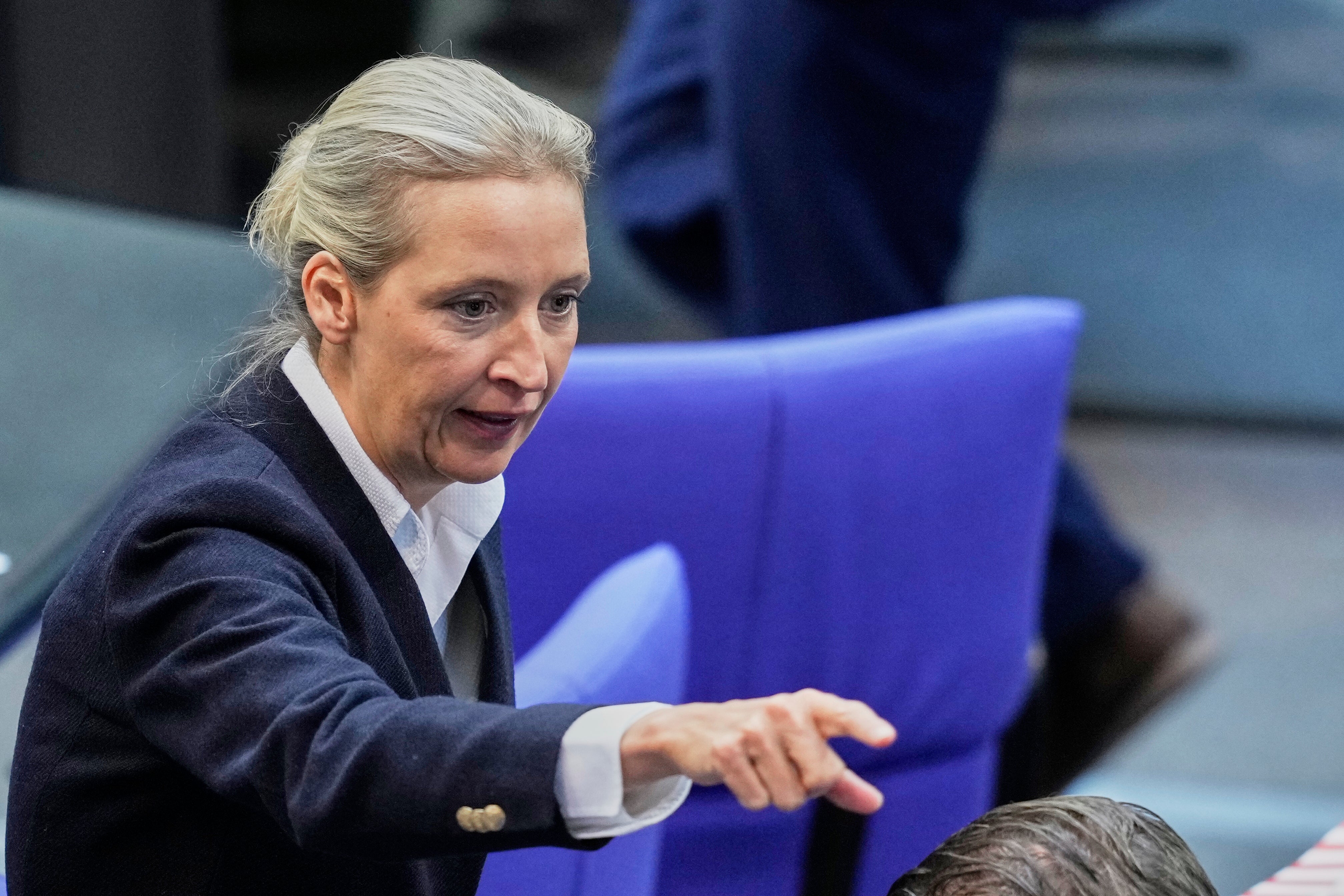ARTICLE AD BOX
Germany’s Friedrich Merz has become the first chancellor-in-waiting to fail to form a coalition government at the first attempt, casting doubt on the strength of a future premiership.
The conservative leader needed 316 votes in the 630-seat Bundestag to form a majority in parliament but unexpectedly fell six seats short just over two months after winning the snap election.
He appeared visibly shocked as the result was read out in Berlin.

How did we get here?
Mr Merz was expected to be Germany’s next chancellor upon his party, the Christian Democrat Union (CDU) winning February’s snap election, prompted by the collapse of incumbent chancellor Olaf Scholz’s SPD coalition in November.
The SPD came third in February’s election, with 120 seats, behind the far-right Alternative for Germany (AfD) on 152 seats, and Mr Merz’s CDU with 208.
After the CDU signed a coalition deal with the centre-left Social Democrat Party (SPD) on Monday following months of negotiations, Tuesday’s vote was expected to be a formality.

The SPD’s poor performance in February’s election, its worst in post-war history, means the coalition holds one of the slimmest majorities in decades, holding just 52 per cent of the vote.
The SPD and the CDU had spent months making concessions to one another in order to form a viable coalition, but party insiders had on Monday expressed confidence that Mr Merz would be successful in forming a government.
Together, the CDU and SPD should command 328 votes, meaning 18 members of Mr Merz’s intended governing majority failed to vote for him on Tuesday.
Nine lawmakers abstained from the vote while 307 voted against Mr Merz, said Bundestag president Julia Kloeckner.
Does this damage his plan for European stability and strength?
It is the first time in Germany’s post World War II history that a prospective chancellor has failed to secure a majority government at the first round of voting.
While it is likely that Mr Merz will eventually form a government, this historic failure has already signalled the fragility of his coalition.
After the collapse of the previous SPD-led coalition late last year, Mr Merz had hoped to start his own government from a position of strength.

The ongoing Russian invasion of Ukraine, US President Donald Trump’s tariff action against Europe, a struggling economy and the rise of the far-right in Germany had brought into sharp relief the need for a stable government.
In March, Mr Merz promised to do “whatever it takes” on defence spending as he led calls for Europe to ween itself off America’s military strength.
“In view of the increasing threat situation, it is clear to us that Europe — and with Europe, the Federal Republic of Germany — must now very quickly make very big efforts, very quickly, to strengthen the defence capability of our country and the European continent,” he said.
In the short term, it is likely that Mr Merz will have to cancel a scheduled trip on Wednesday to France and Poland, where he was reportedly planning to discuss European defence.
What happens now?
Parliament now has 14 days to elect a chancellor with a majority.
A second parliamentary vote has been scheduled for 3.15pm local time (2.15pm GMT).
Under Germany’s constitution, there is no limit to how many votes can be held to secure an absolute majority, and if one cannot be agreed, a candidate who wins the most votes can be appointed by the president.
Otherwise, the president can dissolve the Bundestag and hold a new national election - though this appears unlikely at this juncture.

Alternative candidates to Mr Merz can be proposed but only the CDU and the SPD have enough seats to command a majority without the AfD.
Mr Merz has ruled out working with the AfD, in keeping with the Germany policy of Brandmaeur that bars establishment parties from working with the far right. The policy has been in place since the end of World War II.
Last week, Germany’s domestic intelligence agencies classified the AfD as an extremist organisation, allowing the agency to step up monitoring of the political party, including by recruiting informants and intercepting party communications.
On Monday, the AfD filed a lawsuit against the intelligence agency regarding the ruling.
Following Tuesday’s vote, AfD spokesperson Torsten Braga told The Independent that Mr Merz should consider working with the AfD to form a considerable majority if he wants the CDU “to avoid its own demise”.
But he admitted that this was unlikely, claiming Mr Merz “remains firmly locked in the self-built prison of the so-called ‘Brandmauer,’ dutifully rejecting any cooperation with the AfD for all the officially sanctioned reasons and the ever-convenient claim of unconstitutionality”.









 English (US) ·
English (US) ·